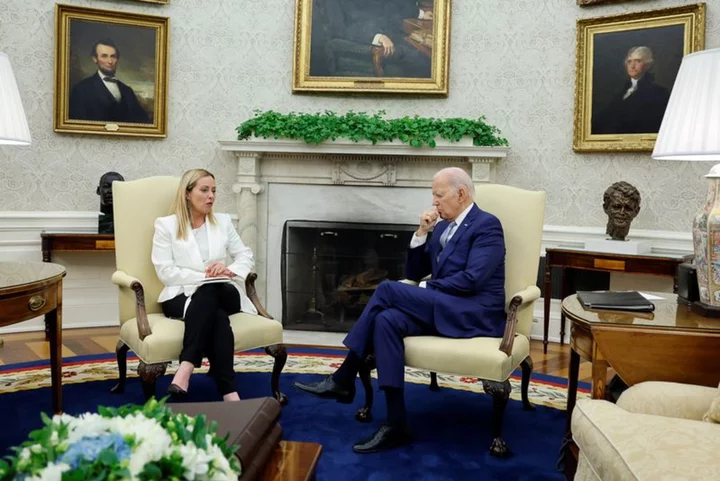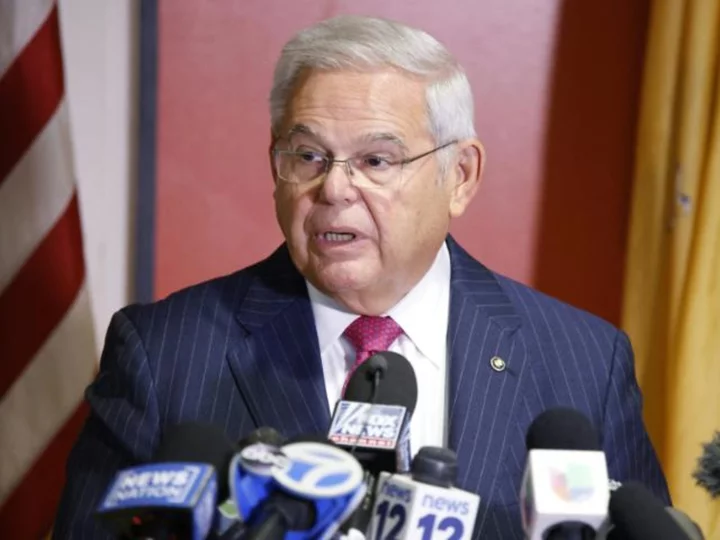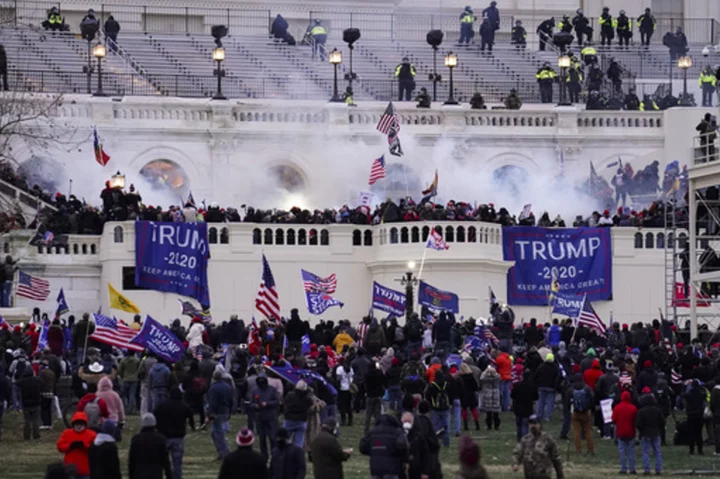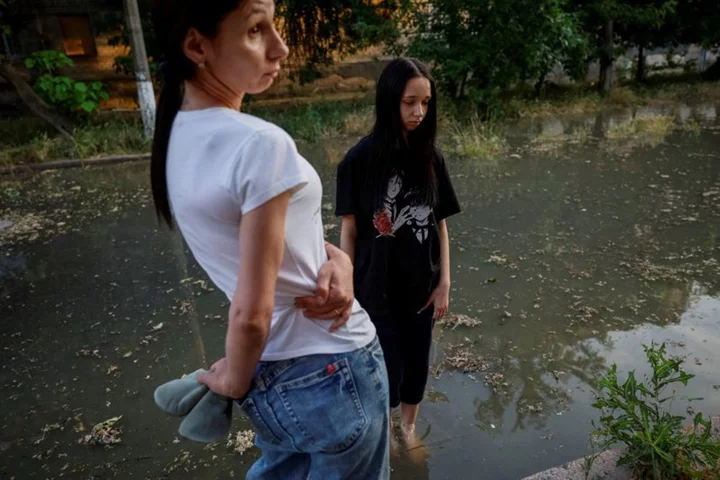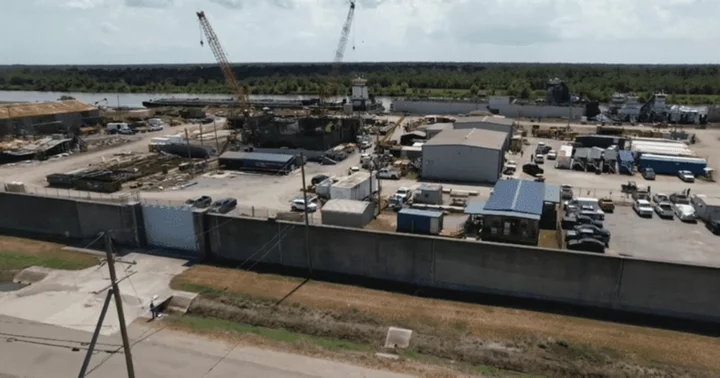By Andrea Shalal and Angelo Amante
WASHINGTON/ROME (Reuters) -U.S. President Joe Biden and Italian Prime Minister Giorgia Meloni met at the White House on Thursday, vowing to deepen economic ties and strengthen cooperation on challenges posed by China, while skirting differences over LGBTQ rights.
Italy's first woman prime minister came to power last October and is staking out an assertive role abroad as she plans the upcoming Italian presidency of the Group of 7 (G7) nations in 2024.
Meloni and her right-wing coalition have staked out positions on abortion and LGBTQ rights sharply at odds with those of Biden, a Democrat who used last year's Italian election results as an occasion to warn fellow liberals about dangers facing the world's democracies.
On Thursday, Biden welcomed Meloni and said they had "become friends," and Meloni later told reporters that neither he nor the several U.S. lawmakers with whom she met brought up LGBTQ rights. "Nobody asked me anything on this," she said.
Meloni said she had a clear preference for Republicans, but that would not stop her from having "a great relationship" with Biden.
She said the two leaders discussed Italy's participation in China's Belt and Road Initiative (BRI), but Washington's approach was not to dictate Italy's policy on China.
"Our relations are strong," Meloni said at the start of the Oval Office meeting with Biden. "They cross governments and remain solid regardless of their political colors. We know who our friends are in times that are tough."
Meloni also used her first trip to Washington to spend some time on Capitol Hill, where her meetings included a visit with Republican House of Representatives Speaker Kevin McCarthy.
Rome and Washington both emphasized the trip as an opportunity to reaffirm a strong partnership between the countries, including over the billions of dollars in military and other aid the West has provided Ukraine in its grinding war against Russia since 2022.
During a small portion of the meeting open to reporters, Biden complimented Italy on what he said was its strong stance on Ukraine. Meloni said she was proud that Italy has helped defend international law.
Washington hopes the West's alliance against Russia's Ukraine invasion will help deter China from changing the status quo in democratically ruled Taiwan, which China claims as its own territory, and the broader Pacific.
The two leaders emphasized areas of cooperation and unity in a joint statement issued after the meeting, vowing to continue supporting Ukraine for as long as it takes and to strengthening dialogue on the "opportunities and challenges posed by the People's Republic of China."
INCREASING TRADE
Meloni must decide in coming months over whether to maintain Italy's membership in Beijing's Belt and Road (BRI) infrastructure plan, a program which Washington has been working to counter.
Biden said Italy and the United States would only see their mutual trade increase.
"We're talking about our deepening economic connection that has fueled more than $100 billion in trade last year," Biden said during the White House meeting. "In my mind, there's no reason why that can't increase."
Biden brought some officials to the meeting who have a primarily economic portfolio, including his commerce secretary, Gina Raimondo, whose department has spearheaded export controls on high-tech goods being sold to China.
Italy in 2019 became the first and so far only G7 nation to join China's major infrastructure initiative, with critics saying the partnership would enable China to gain control of sensitive technologies and vital infrastructure.
Italy is seen as highly unlikely to renew its BRI deal when it expires in March 2024, and Meloni said in May it was possible to have good relations with Beijing without being part of the pact.
Meloni, who said she planned to visit China during one of her next diplomatic missions and may meet one-on-one with Chinese President Xi Jinping, pointedly described the United States as "our most important trade partner outside the European Union." She also took aim at trade practices that undermined workers rights and safety and called for "fair" trade, in what trade experts saw as another jab at Beijing.
The G7 formally launched the Partnership for Global Infrastructure and Investment, its alternative to the BRI, last year. G7 countries said in May at their leaders' summit in Japan that they were trying to "reduce excessive dependencies" on other countries but "not decoupling or turning inwards."
The Biden-Meloni meeting took place less than a week after she hosted an international conference on migration in Rome, as Italy tries to cope with a high volume of migrants arriving by boat from North Africa.
Italy was planning to discuss with the U.S. how to support the development and stability of Africa, Meloni's office said.
(Reporting by Andrea Shalal and Trevor Hunnicutt in Washington and Angelo Amante in Rome; Additional reporting by Katharine Jackson; Writing by Trevor Hunnicutt; Editing by Don Durfee, Diane Craft, Alistair Bell and Leslie Adler)

